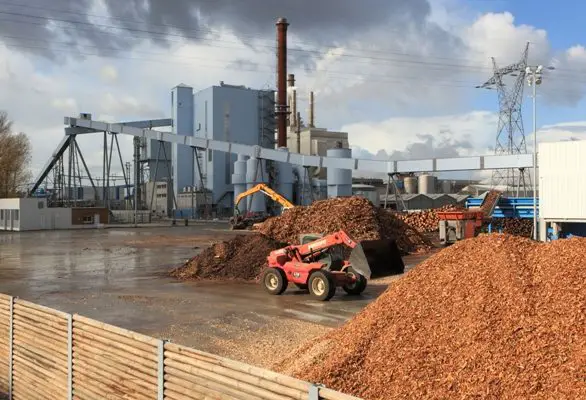In a bid that will help curb power shortages that have been persistent in the country in the recent past, Richards Bay Industrial Development Zone has penned an agreement with Byromate, a renewable power firm, to see construction of a biomass electricity plant.
The R2billion investment is expected to start in the third quarter of next year and end in 2018. The biomass power plant will supply power to the zone, which Byromate director Dion Wilmans said consumes 5 percent and 7 percent of power supplied by the country’s power utility Eskom.
IDZ chief executive Pumi Motsoahae has said that the power output will complement Eskom’s especially during load shedding, to help avoid production downtimes by companies.
The fuel sources being targeted by Byromate are those around Richards Bay industrial zone; forestry, sugar cane, and waste from the agricultural sector. The director said they would source forestry waste generated from timber harvested for pulp and paper, forests invested with diseases, as well as below standards and burnt forests. Other energy sources will be “trash” from sugar cane farms. The company will also plant dedicated energy crops on “economically unviable” sugar cane land.
Although the company is looking to feed the power to the national grid as part of the plan, there is high local demand and the director has said the company has not reached any deals with Eskom. In relation to the matter, Eskom on its part has said the firm will need licensing from Nersa (National Energy Regulator) to sell the output from the biomass power plant. Eskom said it could not enter into a long-term power purchase agreement without appov al from Nersa and Department of Energy.
“We are going through the process with the Department of Energy where they procure all the renewable power (suppliers) and they sign on behalf of Eskom. The power purchasing agreements are underwritten by the National Treasury.”
He also said that the company had to get approvals from related certifies and adhere to legislation before beginning production of power. “We need to conform to the national Environmental Management Act, the national Emissions Control Act and the Waste Management Act, because even though our by-product (ashes from the burnt waste) is organic fertiliser, it is still considered waste by the national Department of the Environment…” He said.
The biomass power plant will be the firms largest investment although it has other investments in the areas of wind and solar power in the Western Cape and Northern Cape.
Construction of the plant as well as operation will also create jobs.
The country has seen other power plant developments such as the recent’s start of construction of Prieska solar power plant in Northern Cape.

